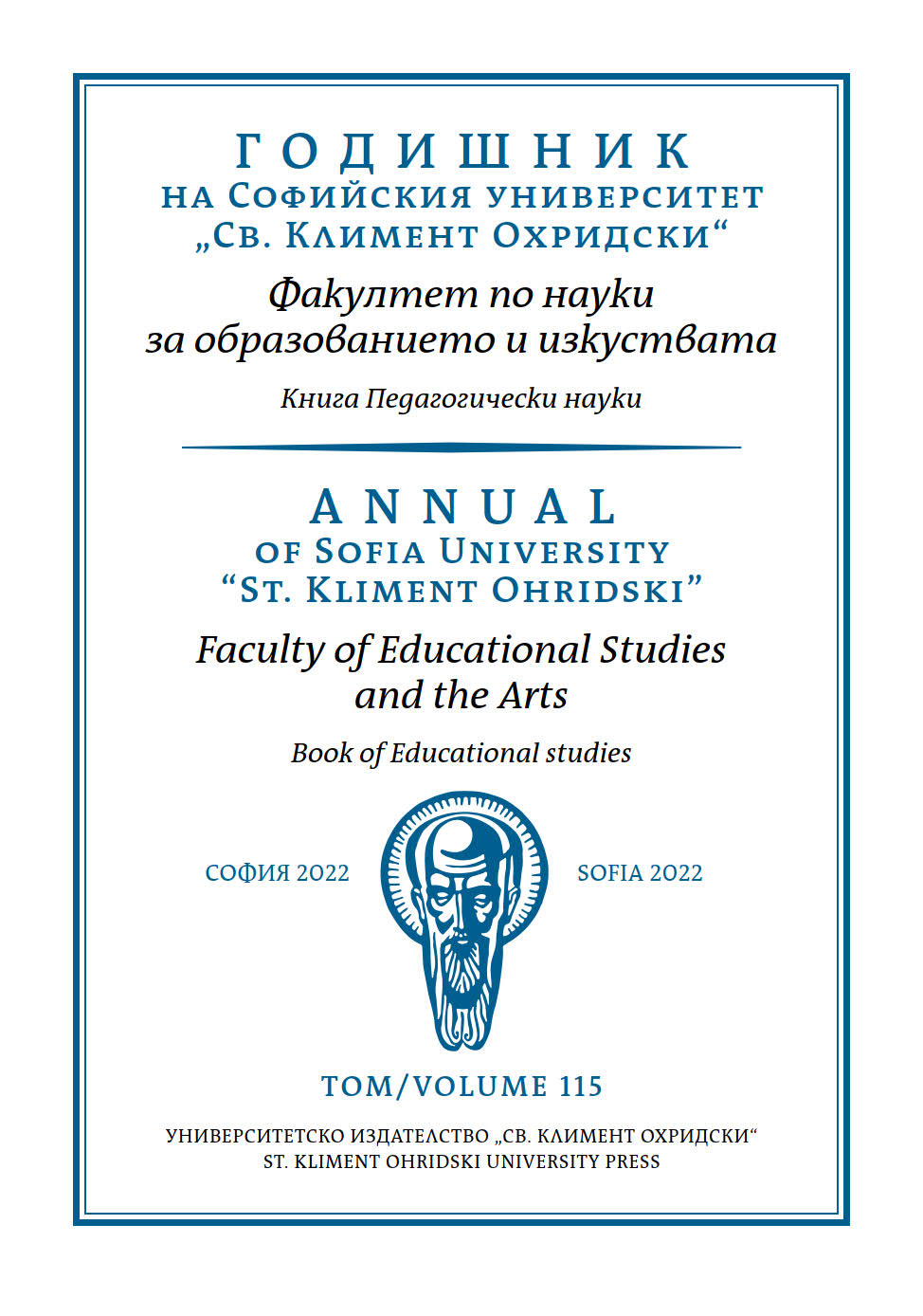BEING-IN-THE-WORLD: UNDERSTANDING ATTACHMENT THEORY AND LEARNING AS BEING-IN-NATUR
Keywords:
concepts of nature, environmental education, education for sustainable development (ESD), attachment theory, inner working models, world views, the idea of man (Menschenbilder), organon model, learning theories, cultural sustainabilityAbstract
Through being in a relationship with the world, diverse but extremely differentiable concepts of nature arise based on bonding, attachment and learning processes. This paper takes up existing concepts of nature as worldviews and, based on attachment-theoretical considerations, shows how inner working models emerge, each of which promotes and forms a specific understanding of nature. It can be shown that the respective configurations of nature concepts are closely and deeply connected with the personal and cultural attachment and relationship styles. The article provides an in-depth introduction to attachment theory and the organon model, both are used to clarify the phenomena, as are the attachment theory and the cultural-theoretical analyzes of biophilia. Based on the phenomenological discussion, learning-theoretical derivations are possible, which enable an extended understanding of transformative learning processes through inner working models about being human and being nature. Based on the integrative view of the phenomena, a modeling of the relations of nature concepts is offered as a finding. The article concludes with a reference to the fact that the human subject always includes and reflects on himself as soon as he thinks about his own relationship with the world.





